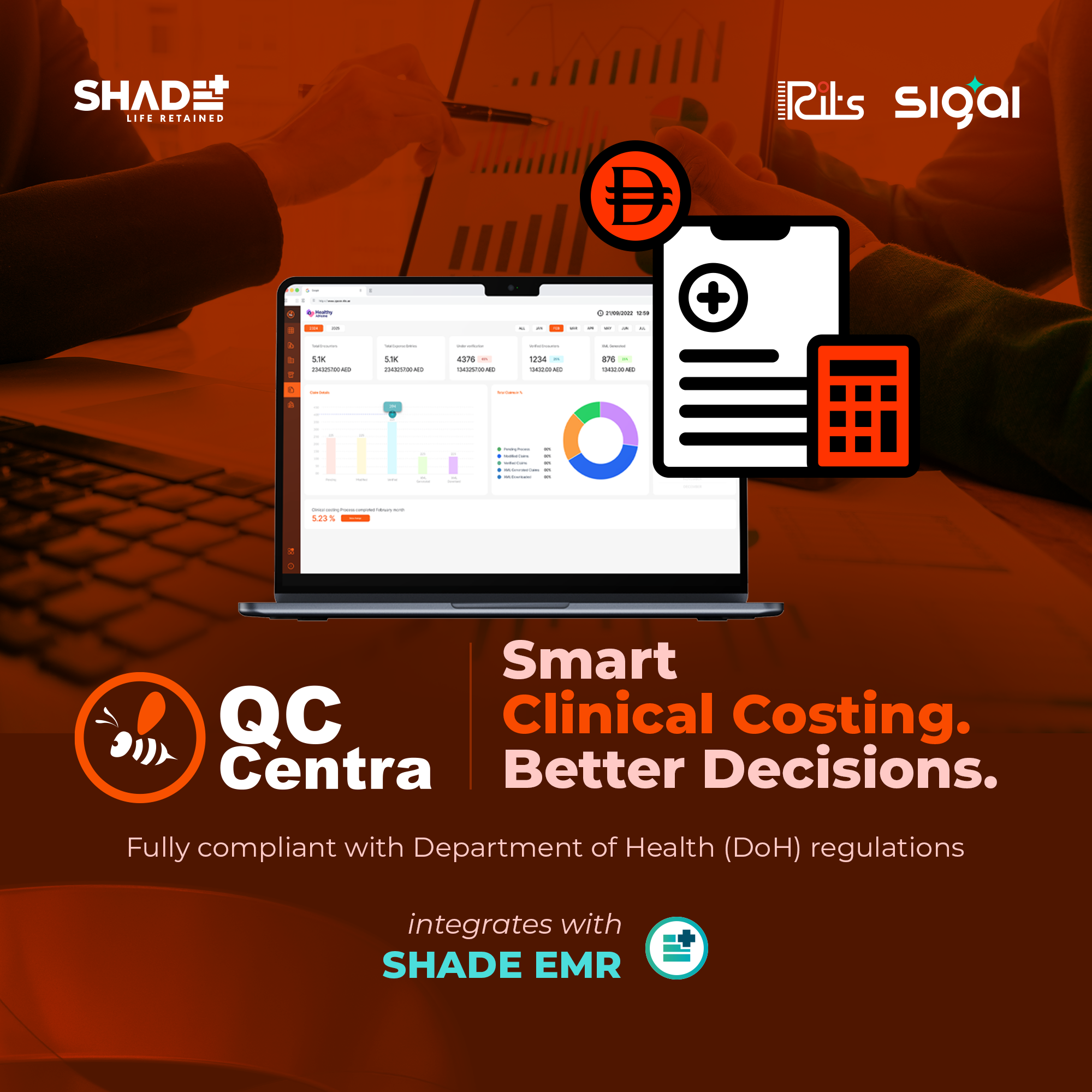Healthcare across the world is entering a new digital era — and the United Arab Emirates is at the forefront of this transformation. Over the last decade, the UAE has positioned itself as a regional leader in digital health transformation, investing heavily in artificial intelligence (AI), predictive analytics, and digital infrastructure to reshape how care is delivered and managed.
Traditionally, healthcare systems have operated reactively: patients seek treatment only after symptoms appear. Today, that paradigm is shifting. Through AI-powered healthcare solutions and predictive analytics, healthcare providers in the UAE are beginning to anticipate health risks, detect diseases earlier, and personalize treatment plans. This not only saves lives but also optimizes costs and enhances efficiency across the system.
The UAE’s healthcare transformation is being driven by government-backed initiatives such as the Artificial Intelligence Strategy 2031, the National Digital Health Strategy, and emirate-level projects by the Department of Health – Abu Dhabi (DOH) and the Dubai Health Authority (DHA). These programs aim to integrate intelligent technologies into hospitals, clinics, and health systems — enabling data-driven decisions that improve both clinical outcomes and operational performance.
The impact of these initiatives is already visible. From AI-driven diagnostic imaging and predictive hospital management systems to national health data exchanges like Malaffi and Nabidh, the UAE is building a health ecosystem where data flows seamlessly between providers. This digital foundation is helping to achieve the national goal of accessible, preventive, and value-based care for every resident.
In this article, we explore how AI and predictive analytics are being implemented in the UAE’s healthcare system, what benefits they bring, and how healthcare organizations can prepare for this next phase of intelligent healthcare delivery.

The UAE’s Artificial Intelligence Strategy 2031 identifies healthcare as one of the key sectors for AI adoption. Backed by public and private sector investment, the country is rapidly building an ecosystem where technology and clinical expertise intersect.
-
Malaffi, Abu Dhabi’s Health Information Exchange, connects over 2,000 healthcare facilities and millions of patient records. Its predictive models help clinicians identify high-risk patients and intervene early.
-
The Dubai Health Authority (DHA) has launched pilot programs that use AI to forecast emergency room demand and patient flow, allowing hospitals to allocate resources more effectively.
-
Analysts project that the UAE healthcare analytics market will grow by more than 20% annually through 2030, reflecting strong commitment to digital health innovation.
1. Early Disease Prediction
AI systems can analyze medical histories, lab results, and lifestyle data to predict the onset of diseases before symptoms occur. By identifying individuals at high risk of conditions such as diabetes or cardiovascular disease, clinicians can deliver preventive care and reduce hospital admissions.
2. Smarter Diagnostics and Treatment Planning
AI is transforming diagnostic imaging, pathology, and oncology by identifying subtle abnormalities in medical scans or test results that may escape human detection. Predictive analytics enhances treatment planning, ensuring therapies are tailored to each patient’s unique characteristics and improving recovery outcomes.
3. Operational and Financial Efficiency
Hospitals across the UAE are deploying predictive tools to forecast patient volumes, optimize staffing, and manage inventory more accurately. Predictive maintenance systems for medical equipment also reduce downtime and extend the lifespan of expensive assets — directly impacting cost efficiency.
4. Population Health and Policy Planning
At a national level, aggregated health data supports predictive models that help policymakers monitor disease trends, assess population risk, and design effective public health programs. This data-driven approach enables the UAE to shift from treatment-based to prevention-based healthcare.
Despite rapid progress, the integration of AI in healthcare brings several challenges:
-
Data Privacy and Security: As patient data becomes more interconnected, robust cybersecurity frameworks are essential.
-
System Integration: Many providers still use fragmented systems, limiting the power of predictive analytics.
-
Skill Gaps: Clinicians, data scientists, and administrators must be trained to collaborate effectively and interpret AI insights.
-
Ethical Oversight: AI models must be transparent, bias-free, and in line with UAE health data governance standards.
-
Investment and ROI: The financial cost of AI adoption requires careful planning to ensure measurable returns and sustainable implementation.
The UAE’s healthcare sector is evolving toward a predictive, personalized, and data-driven future. AI will continue to enhance how hospitals operate, how clinicians make decisions, and how patients experience care. In the near future, expect to see:
-
Expanded use of AI for chronic disease management and remote monitoring
-
Integration of predictive analytics into hospital management and clinical costing systems
-
Advanced public health modeling to guide resource planning and prevention programs
-
Stronger partnerships between healthcare providers, universities, and tech innovators
By combining AI-driven insights with robust costing and performance data, UAE healthcare organizations can build a clearer picture of how resources, outcomes, and costs interact — paving the way for smarter, sustainable care delivery.
-
Assess Data Readiness: Ensure health information systems are interoperable and capable of supporting predictive analytics.
-
Start with Pilot Projects: Focus on manageable use cases, such as readmission prediction or diagnostic image analysis, before scaling.
-
Integrate Finance and Analytics: Link clinical costing data with predictive insights to measure both outcomes and cost efficiency.
-
Invest in Digital Skills: Provide ongoing education for clinicians and managers to build confidence in AI-assisted decision-making.
-
Collaborate and Stay Aligned: Work closely with DOH Abu Dhabi, MOHAP, and regulatory bodies to ensure compliance and ethical use of AI.
Artificial Intelligence and predictive analytics are redefining what’s possible in healthcare. In the UAE, they are not simply tools for efficiency—they are enablers of a smarter, more responsive, and patient-centered health system.
As AI continues to evolve, the UAE’s forward-thinking approach positions it as a global benchmark for healthcare innovation. Providers that embrace this transformation now—by investing in data, talent, and technology—will be the ones leading the region’s next generation of intelligent, value-based care.












